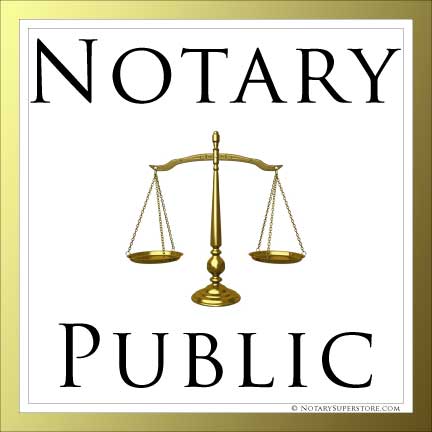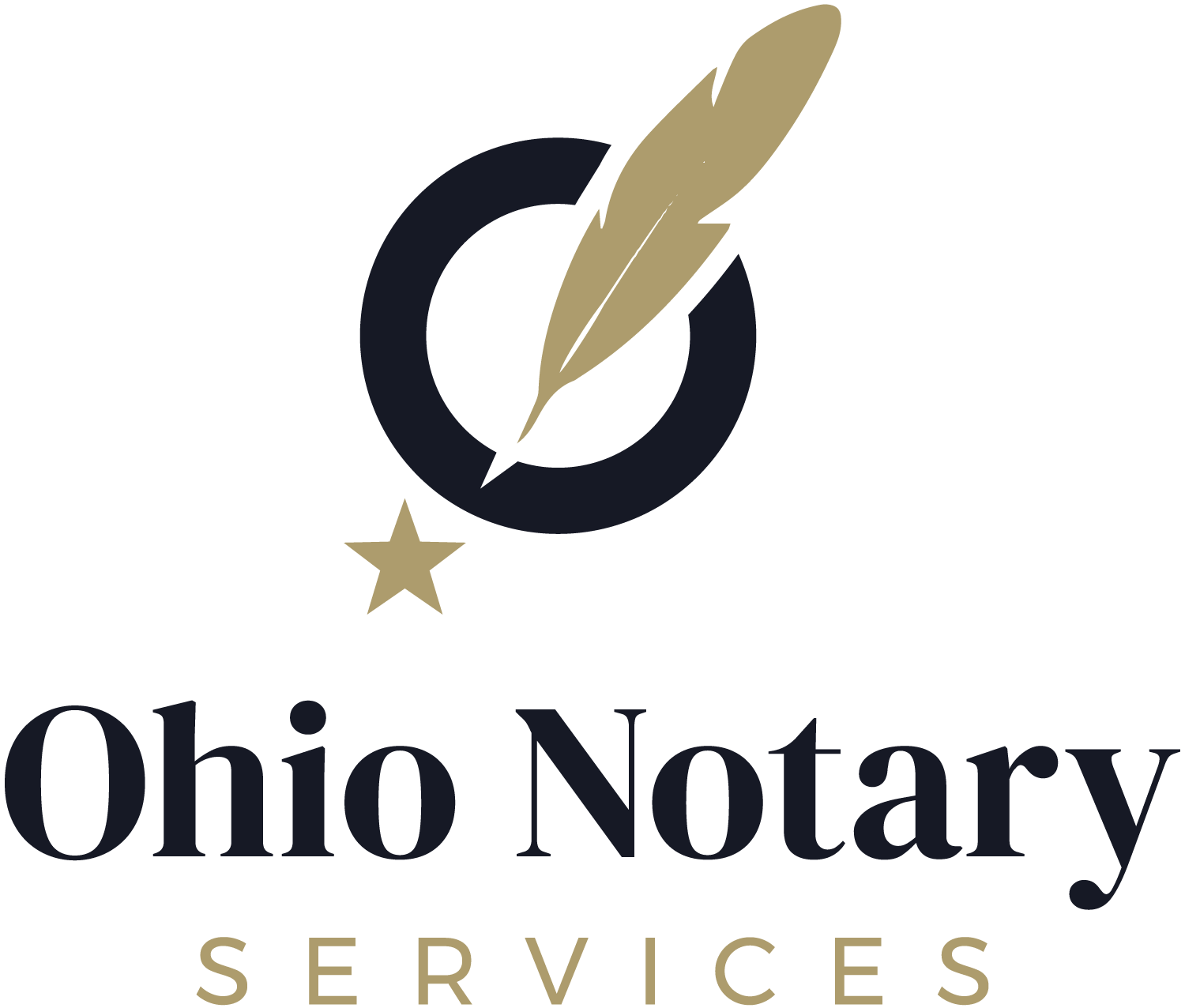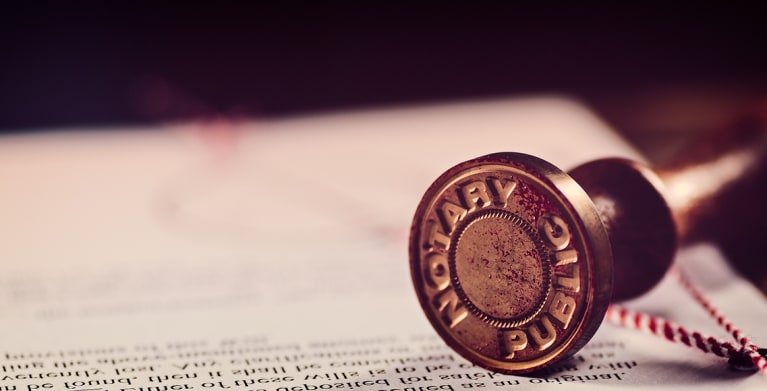DIRCO Laws Demystified: A Guide to Diplomatic Procedure
DIRCO Laws Demystified: A Guide to Diplomatic Procedure
Blog Article
Debunking Notarial Work: Streamlining the Role and Importance of Notaries
Their duty, often shrouded in enigma for many, brings significant weight in making sure the validity and stability of vital documents. By unwinding the complexities dropping and surrounding notarial methods light on the relevance of their acts, a more clear understanding emerges of the vital function notaries play in maintaining the fabric of legal and contractual contracts.
The History of Notarial Job
The history of notarial job dates back to ancient worlds, where scribes played an important duty in tape-recording important info and authenticating records. This led to the advancement of notaries, individuals assigned by the state to act as unbiased witnesses in lawful matters.
Throughout the Center Ages, notaries gained prominence in Europe, with their features broadening to consist of preparing lawful files, accrediting trademarks, and protecting documents. The rise of international trade additionally highlighted the relevance of notarial operate in validating contracts and agreements across borders.
In the modern-day period, notaries remain to play an essential function in lawful and service purchases by verifying identities, validating the authenticity of records, and protecting against scams. Their role in certifying the legitimacy of contracts includes a layer of safety and security and count on to the ever-evolving landscape of business and law.

Duties and Responsibilities of Notaries
The historical advancement of notarial job from old civilizations to the modern period has actually formed the unique responsibilities and duties that notaries maintain in lawful and organization deals today. Notaries play an essential function in verifying the credibility of records and the identity of signatories. Among their key responsibilities is to witness the finalizing of crucial records, such as acts, wills, and contracts, to make sure that all events are participating in arrangements purposefully and voluntarily. Notaries additionally validate that signatories are of sound mind and not under discomfort or browbeating.
They certify copies of original documents, offering assurance to organizations that the copies are true reproductions of the originals. On the whole, the duties and responsibilities of notaries are essential in protecting the honesty and legitimacy of numerous documents and deals - DIRCO.
Notarial Certificates and Signatures
Exhibiting precise interest to detail, notarial certifications and signatures serve as essential components in verifying the authenticity of lawful files. Notarial certifications typically contain vital information such as the day of registration, the names of the signatures, a summary of the file, and the notary's main seal. These certifications supply a clear record of the notarial act, ensuring that the paper can be quickly recognized and traced back to the notary who supervised the procedure.
Trademarks play a critical role in notarial work, as they indicate the contract and consent of the events entailed. Notaries very carefully witness the signing of records to verify the identification of the signatures and confirm that they are signing of their own free will. By fastening their official seal and trademark to the record, notaries license that the required procedures have been adhered to which the document is enforceable and valid.
Basically, notarial certifications and trademarks are the trademark of credibility in legal purchases, offering guarantee to all celebrations involved that the papers are legitimate and binding.
Relevance of Notarial Acts

Registration Refine Described
The registration process typically starts with the specific providing the file to a notary public. When the identity is confirmed, the notary makes certain that the individual signing the record does so willingly and without any type of threat.

Verdict

Notarial certifications usually have critical information such as the date of notarization, the names of the signatures, a description of the document, and the notary's official seal. These certifications provide a clear record of the notarial act, ensuring that the record can be quickly identified and traced back to the notary who oversaw the process.
By affixing their official seal and signature to the record, notaries accredit that the needed procedures have been adhered to and that the file is enforceable and legitimate.
By confirming the identification of the signatories, confirming their desire to get in right into the agreement, and certifying the date and location of the signing, notaries play a vital duty in upholding the legitimacy of lawful files.After the document is authorized, the notary will attach their main seal or stamp onto the file.
Report this page